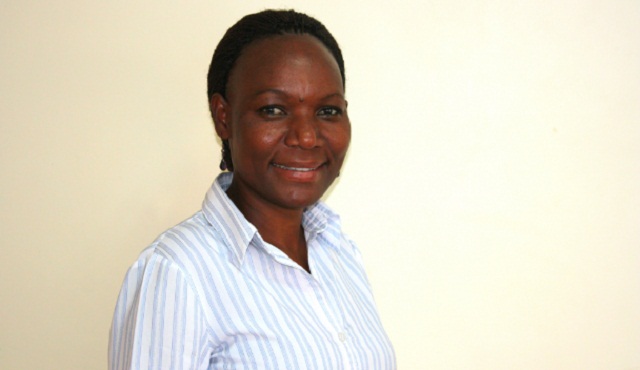
Kampala, Uganda | THE INDEPENDENT | Would you report problems you encounter at your child’s school? Unfortunately, many parents in Uganda would remain silent about it according to the latest finding by Twaweza.
Twaweza in a research titled “Preparing the Next Generation: Ugandans’ opinions and experiences on education” says almost half of the parents interviewed said they do not speak to anyone about problems they identify at their children’s schools.
According to the study, if parents do report problems they see, they tend to speak to proximate school leaders rather than people in government.
Twenty-six percent of the Parents said they would report the problems to head teachers while 17% said they report to School Management Committees. Only ten percent said they would report to teachers (10%).
The study points to failure by parents and schools’ administrations to establish a functional schools’ complaints mechanisms. A functional Schools’ complaints systems would one of the ways towards parents’ engagement for improved learning outcomes.
Twaweza East Africa’ UWEZO Regional Manager, Dr. Mary Goretti Nakabugo speaking as one of the panelist at the launch of the report said it is vital that parents and schools work in partnership for a shared responsibility.
Eight out of ten or 82 percent of the parents according to the study said they do not anything about the problems in the education sector beyond reporting them.
The findings were based on data collected from 1,878 respondents across Uganda in September and October 2018. Parents reportedly said they met limited response when they reported the problems.
Only one out ten parents reportedly said the problem was completely resolved. While three out ten parent said the problem was partially resolved. The failure by parents to reports issues at Schools was partly blamed on ignorance on the part of the parents.
But Dr. Francis Mwesigye, a Research Fellow with the Economic Policy Research Centre (EPRC) disagreed with the argument.
When asked to name the main problem facing their child or children’s school, however, more parents name school contributions than any other issue for both primary (14%) and secondary (23%) schools. The second most reported issue is distance at 12% both for primary and secondary schools.
Parents report paying for tuition or extra classes at 68%, food items at 60% school books / materials at 58% and construction at 57%.
Half of citizens according to the study had seen a teacher out of school during school hours (47%) while 24% of the parents said they approached the absent teacher to raise the issue.
The most popular reason given for not approaching the teacher was the fear of negative repercussions. Parents do see teacher attendance as the primary responsibility of the school or head teacher said the report.
*****
URN
 The Independent Uganda: You get the Truth we Pay the Price
The Independent Uganda: You get the Truth we Pay the Price



